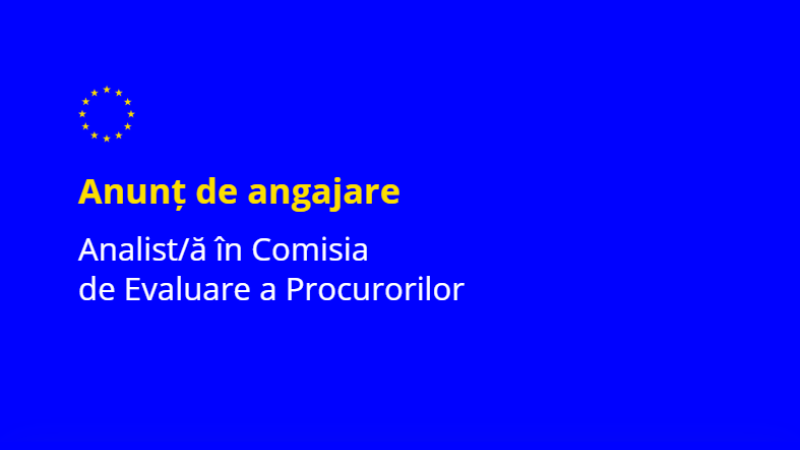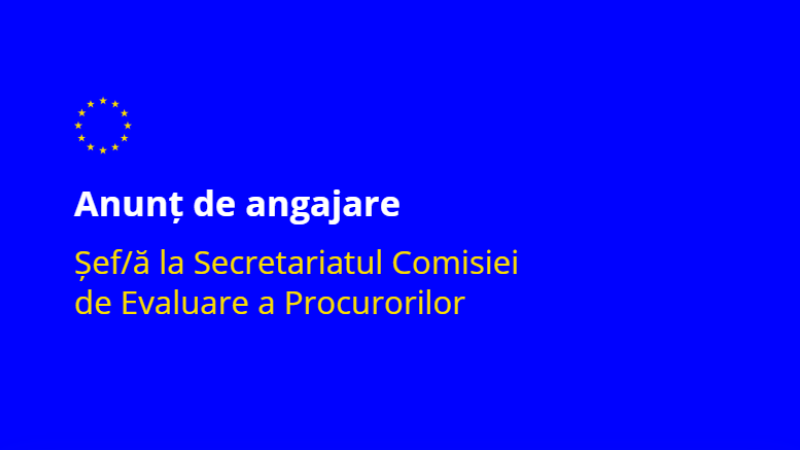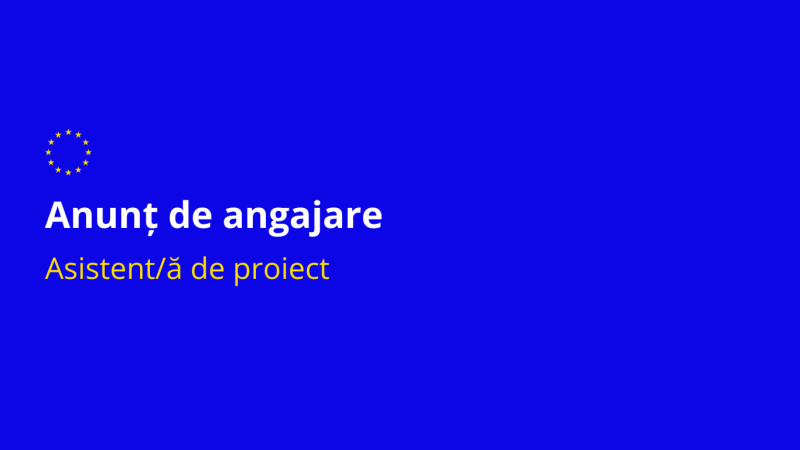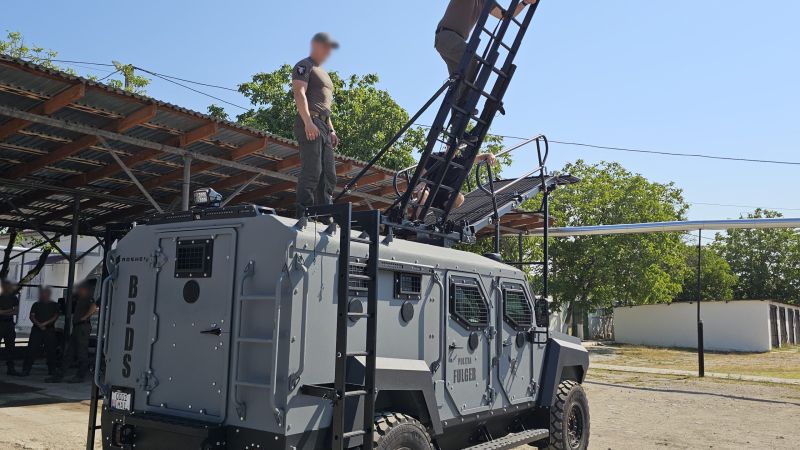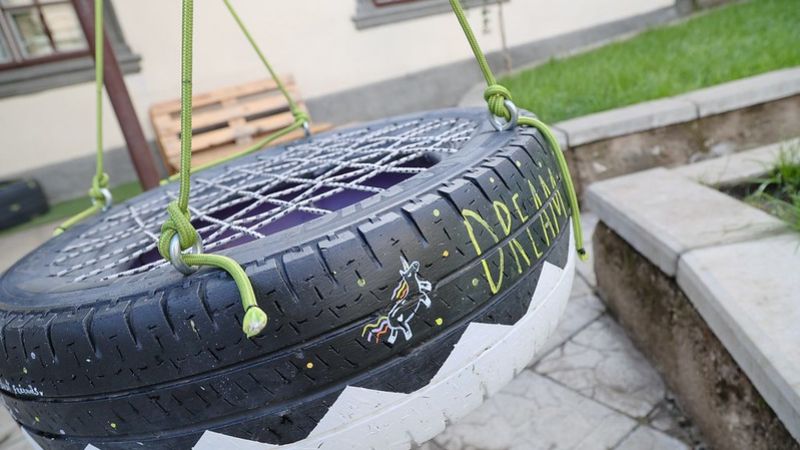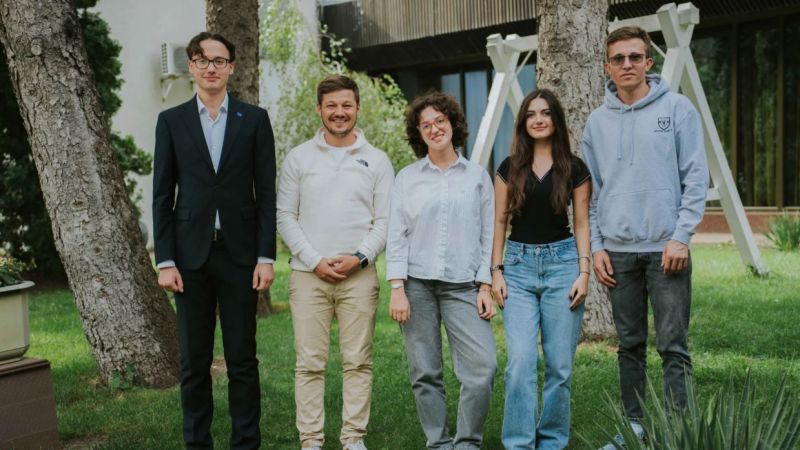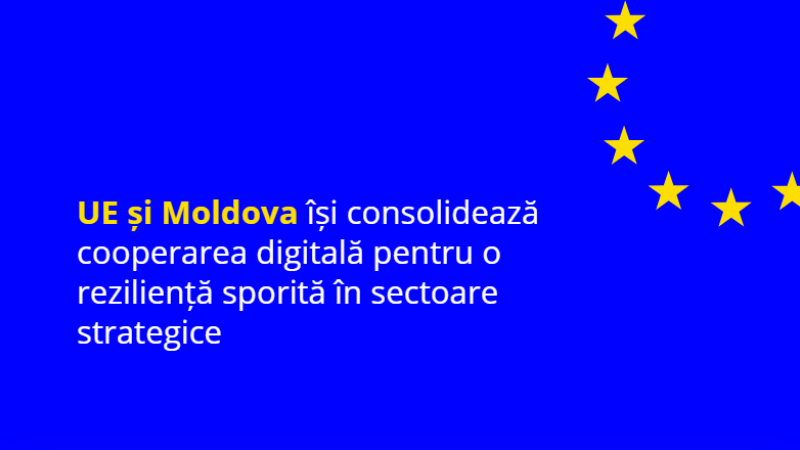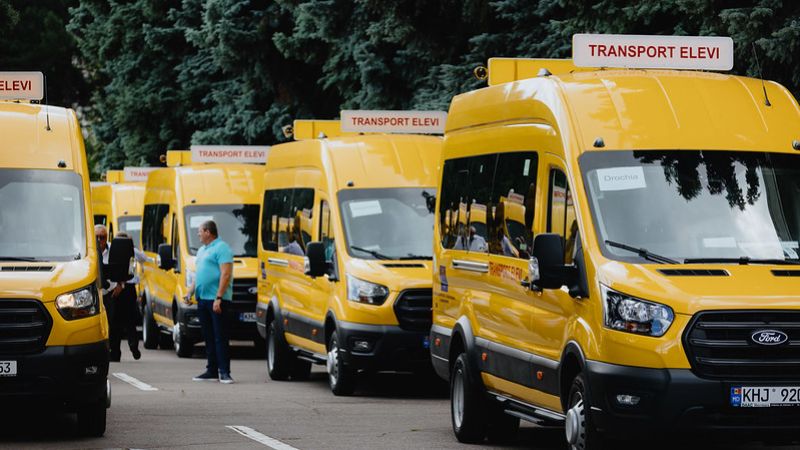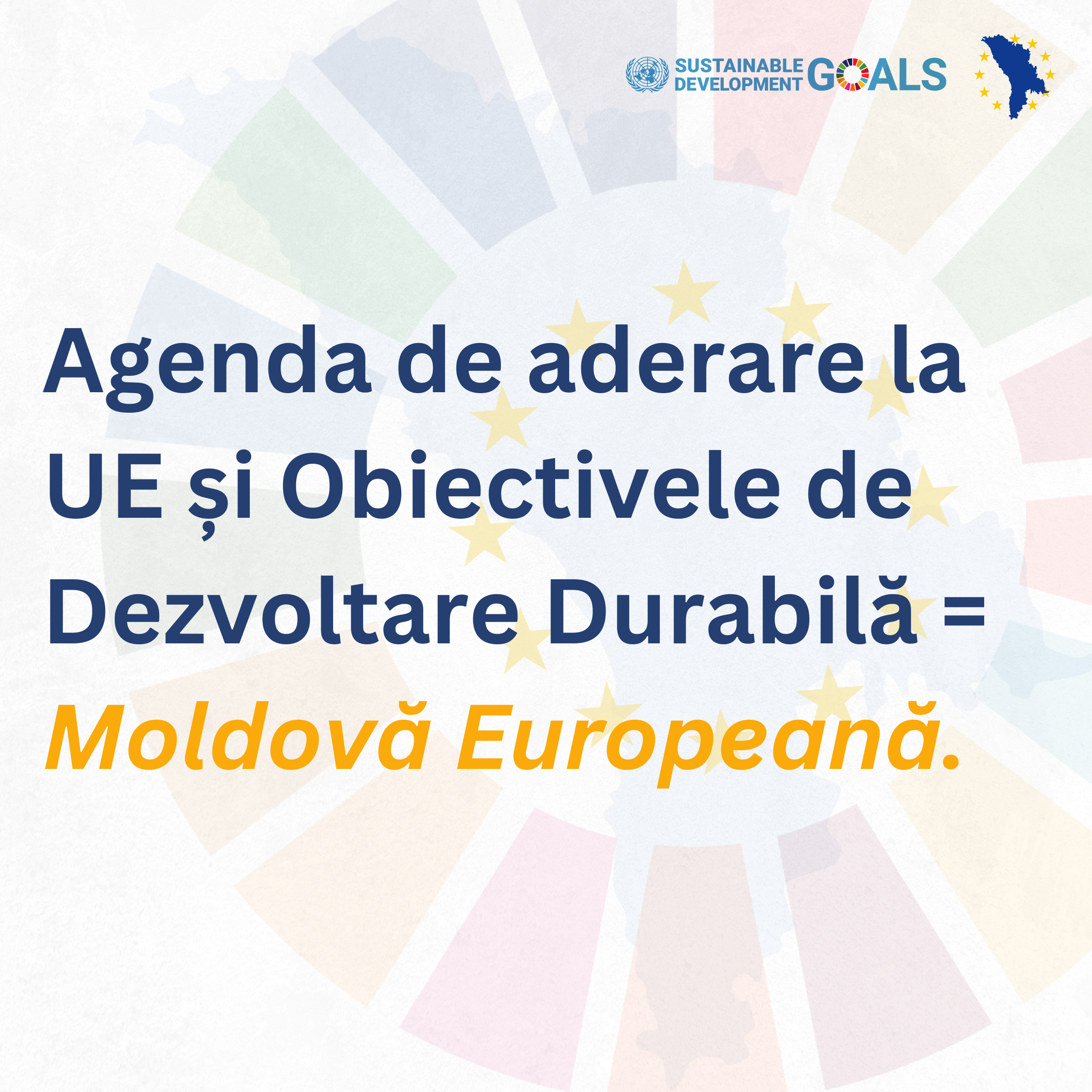
Agendele ONU și UE sunt interconectate și susțin viitorul european al Moldovei
Aproape 80% din țintele Obiectivelor de Dezvoltare Durabilă (ODD) sunt interconectate cu capitolele de negociere de aderarea la Uniunea Europeană (UE).
Organizația Națiunilor Unite în Moldova, Guvernul Republicii Moldova și Delegația Uniunii Europene au făcut o analiză a sinergiei dintre procesul de aderare la UE și Obiectivele de Dezvoltare Durabilă din cadrul Agendei 2030 pentru Dezvoltare Durabilă, a cărei rezultate pot fi găsite în raportul recent publicat „Valorificarea sinergiei dintre aderarea la UE și ODD pentru asigurarea dezvoltării sustenabile a Republicii Moldova„.
Analiza arată că există o complementaritate și o sinergie puternică între agenda de aderare la Uniunea Europeană, Agenda 2030 și ODD, aceste procese consolidând-se reciproc. Conform analizei, 128 ținte ODD (76%) sunt legate de capitole de negociere sau clustere separate privind aderarea la UE. Mai mult ca atât, din cei 111 indicatori ai Cadrului de Cooperare pentru Dezvoltare Durabilă ONU 2023-2027, 93% sunt legați de recomandările de politici din cadrul raportului Comisiei Europene din anul 2023. Doar opt indicatori ce țin de rezultatele Cadrului de Cooperare nu au legătură cu capitole de aderare la UE.
Potrivit lui Artur Mija, Secretarul General al Guvernului: „Aderarea Republicii Moldova la Uniunea Europeană (UE) este cel mai important proces de dezvoltare al țării, la moment, și reprezintă o prioritate absolută pentru Guvern, fiind integrată în toate domeniile de dezvoltare socio-economică. În timp ce, Moldova se angajează cu viteză maximă în viitoarele negocieri de aderare, ea urmărește, în același timp, să realizeze obiectivele și țintele, agreate la nivel global, din cadrul Agendei 2030 pentru dezvoltare durabilă.”
În cadrul analizei au fost studiate următoarele documente: Raportul anual al Comisiei Europene pentru Republica Moldova și Comunicarea Comisiei Europene (8 noiembrie 2023); Cadrul de Cooperare pentru Dezvoltare Durabilă ONU (UNSDCF) 2023-2027; Planurile de Acțiuni Moldova-UE ale celor 33 de grupuri de lucru create de Guvernul RM pentru aderare la UE (2023); Agenda 2030 și ODD; Acquis-ul UE; Strategia Națională de Dezvoltare a RM; Raporturile anuale ale Guvernului cu privire la realizarea ODD; precum și alte resurse. Ca urmare, a fost elaborat un rezumat al analizei sinergiilor pentru fiecare capitol de negociere în parte, care include recomandările Comisiei Europene pentru îmbunătățirea politicilor, țintele ODD vizate și indicatorii Cadrului de Cooperare.
„Constatările acestui raport confirmă multitudinea legăturilor intrinseci și a sinergiei dintre aceste foi de parcurs importante pentru dezvoltarea țării. În același timp, o aliniere avansată la Cadrul de Cooperare ONU 2023-2027 demonstrează angajamentul ferm al Guvernului Republicii Moldova de a realiza Agenda 2030 pentru dezvoltare durabilă și recomandările Comisiei Europene”, subliniază Simon Springett, coordonatorul rezident al Organizației Națiunilor Unite în Moldova.
În noiembrie 2023, nivelul mediu de pregătire al țării în raport cu cele 33 capitole a fost evaluat la 1,92 din 5,0 (o creștere de 9,5% față de februarie 2023). S-a înregistrat o creștere a indicatorului „stării actuale” la opt capitole, iar majoritatea celorlalte capitole au progresat pe parcursul ultimului an.
Viziunea globală din spatele ODD de a acționa pentru oameni, planetă și prosperitate este în conformitate cu agenda Uniunii Europene care îmbrățișează Agenda 2030 pentru dezvoltare durabilă, oferind o oportunitate unică pentru un viitor mai bun. În context, această analiză oferă posibilitatea de a implementa concomitent ambele agende de dezvoltare, lucru care va duce la atingerea obiectivelor strategice comune mai ușor și mai eficient.
„Eforturile Republicii Moldova de a adera la Uniunea Europeană sunt cruciale pentru a aduce stabilitate, prosperitate și legalitate țării. Această călătorie nu este doar despre politică și economie; este despre schimbarea societății în ansamblu. În același timp, urmărind Agenda globală 2030 pentru dezvoltare durabilă, Moldova își demonstrează angajamentul față de realizarea unor reforme ample.” este de părere Ambasadorul UE în Republica Moldova, Jānis Mažeiks.
Analiza curentă va servi pentru Guvernul Republicii Moldova, Echipa de Țară a Organizației Națiunilor Unite, Uniunea Europeană și alți parteneri de dezvoltare drept instrument de monitorizare a modului în care ambele procese – aderarea la UE și Agenda ODD – se susțin și se completează reciproc. În plus, această analiză va sprijini țara în procesul de aderare la UE, așa cum țările implicate în procesul de extindere sunt obligate să coreleze raportarea privind aderarea la UE (inclusiv realizarea programelor și raportarea de preaderare) cu procesul de monitorizare a ODD.
Raportul complet e disponibil aici: Sustainable Development Goals Report 2024 – EU for Moldova (eu4moldova.eu)
